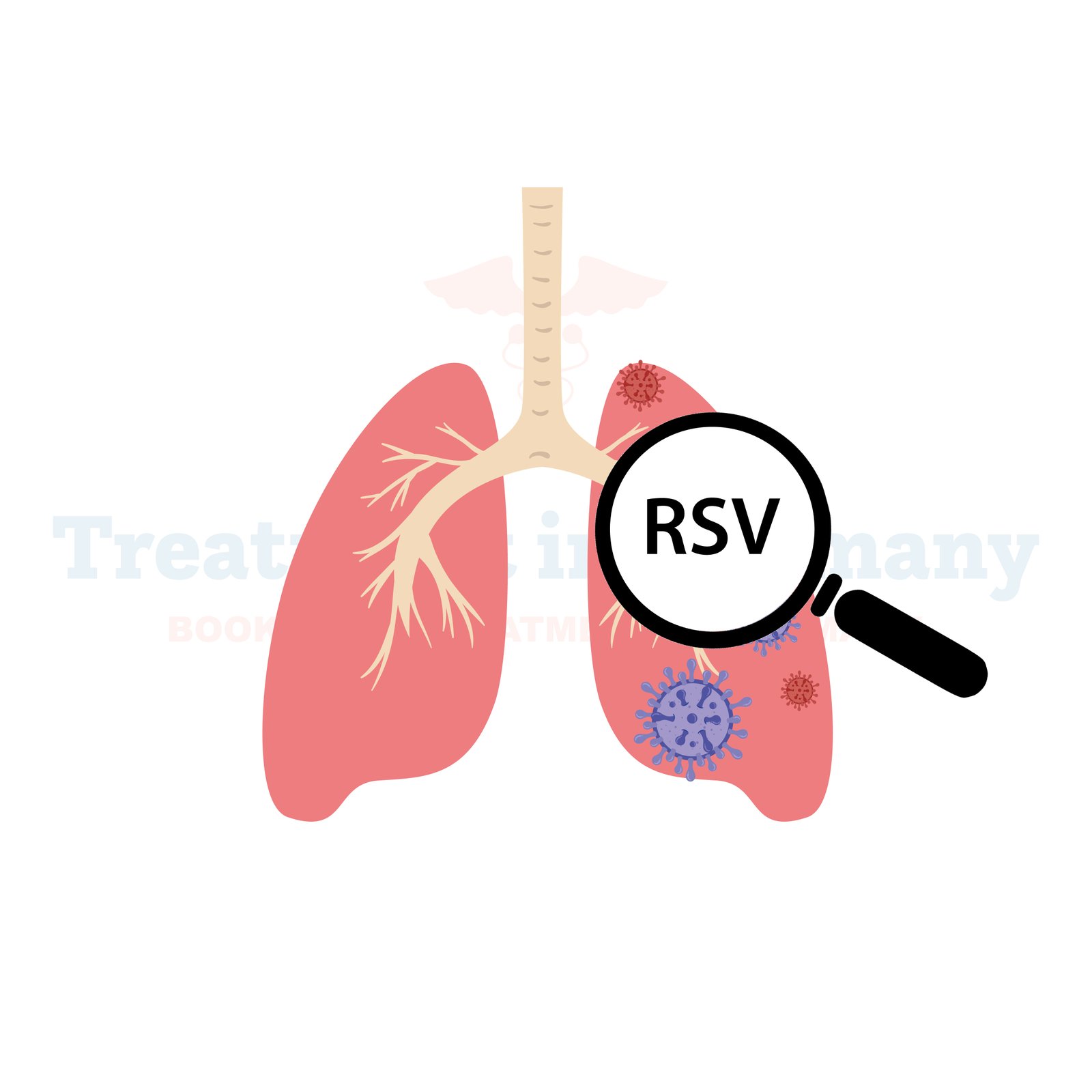What is Respiratory Syncytial Virus (RSV) Infection:
Respiratory Syncytial Virus (RSV) Infection is a common respiratory illness that affects individuals of all ages, but it is particularly severe in infants, older adults, and those with weakened immune systems.
RSV primarily targets the respiratory tract, causing symptoms ranging from mild cold-like symptoms to severe respiratory distress. It spreads through respiratory droplets when an infected person coughs or sneezes, and it can survive on surfaces for several hours, making it highly contagious.
Side effects of Respiratory Syncytial Virus (RSV) Infection:
The symptoms of RSV infection can vary in severity and may include:
In infants and young children, RSV infection can lead to more serious complications such as bronchiolitis (inflammation of the small airways in the lungs) and pneumonia. Older adults and individuals with underlying health conditions are also at risk of developing severe respiratory complications.
How is Respiratory Syncytial Virus (RSV) Infection diagnosed?
Diagnosing Respiratory Syncytial Virus infection typically involves a combination of clinical evaluation and laboratory tests. Healthcare providers may conduct a physical examination to assess symptoms such as fever, cough, and difficulty breathing. In some cases, they may also perform tests such as nasal swabs or throat swabs to detect the presence of the virus.
Additionally, chest X-rays may be recommended to evaluate the extent of lung involvement, especially in severe cases or when complications such as pneumonia are suspected.
Potential treatments of Respiratory Syncytial Virus (RSV) Infection:
Currently, there is no specific antiviral medication available to treat RSV infection. Treatment is primarily focused on managing symptoms and providing supportive care to help patients recover. This may include:
👉 Contact us for further information and receive a complimentary consultation.


.webp)
 (1).webp)

.webp)
 (1).webp)


.webp)
 (1).webp)

.webp)
 (1).webp)
